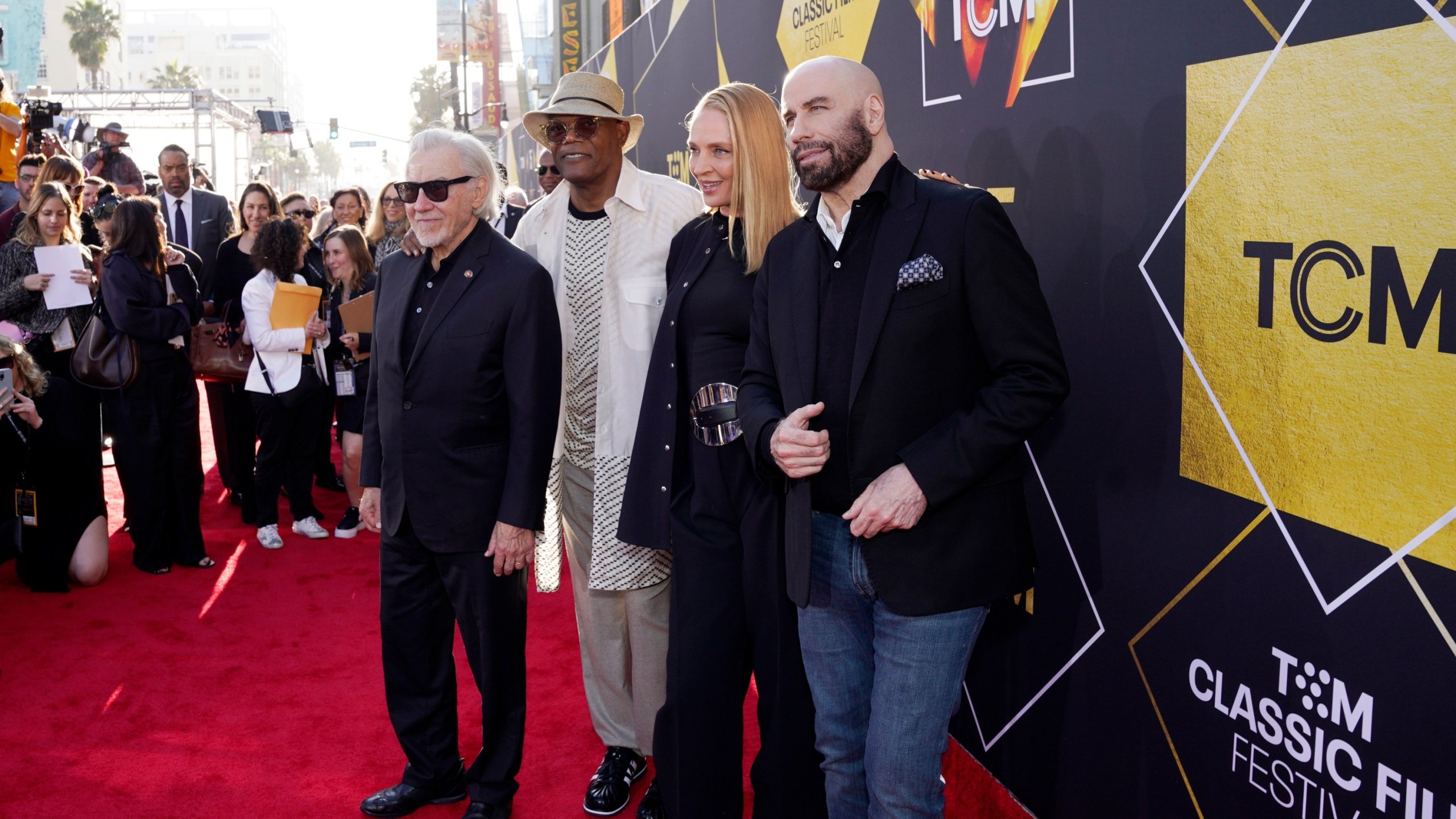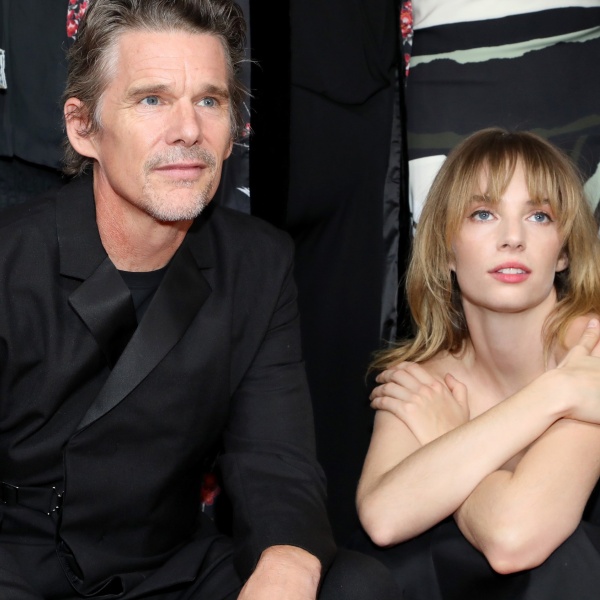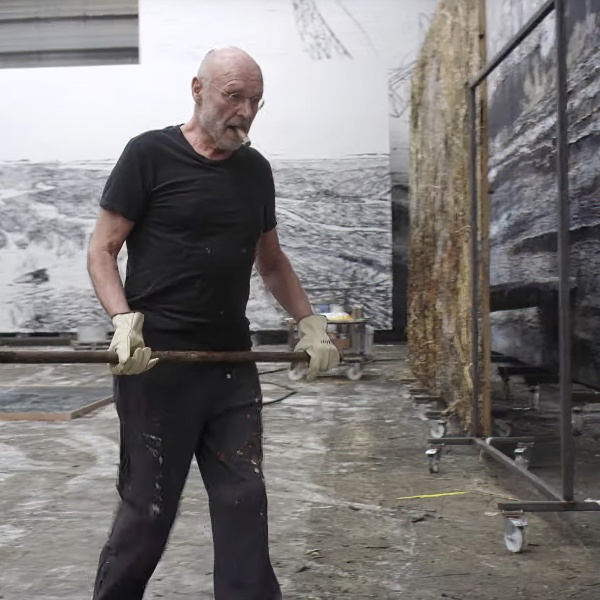Quentin Tarantino was nowhere to be found in the TCL Chinese Theater on Thursday night, but his brilliance was a constant topic of conversation as Samuel L. Jackson, John Travolta, Uma Thurman, and Harvey Keitel reunited on stage to celebrate the 30th anniversary of “Pulp Fiction.”
The 15th annual TCM Classic Film Festival kicked off with a 35mm screening of Tarantino’s landmark sophomore film, which won the 1994 Palme d’Or and led the filmmaker to his first Oscar for Best Original Screenplay. With the film industry still reeling from the news that the legendary auteur is scrapping his planned tenth film “The Movie Critic,” his repeat collaborators were eager to shower him with compliments as they discussed his impact on the trajectory of their careers.
In his opening remarks, Turner Classic Movies host Ben Mankiewicz lumped “Pulp Fiction” in with “Gone with the Wind” and “Lawrence of Arabia” as films that singlehandedly expanded Hollywood’s understanding of what movies can do. But while the film stands out as a singularly influential entry in Tarantino’s oeuvre, the reunion panel quickly turned into a broader discussion of Tarantino’s artistry and his impact on pop culture.
The actors amused the crowd of cinephiles with anecdotes about their first impressions of Tarantino. Jackson recalled auditioning for the role of Holdaway in “Reservoir Dogs” that ultimately went to Randy Brooks and confronting Tarantino after being blown away by the finished product at Sundance. Travolta revealed that Tarantino asked him to play the “Welcome Back, Kotter” board game during their first meeting and said that he signed on to “Pulp Fiction” after turning down a role in “From Dusk ‘Till Dawn” because he’s “not a vampire guy.” And Keitel joked that a young, broke Tarantino frequently raided his fridge during their initial meetings about “Reservoir Dogs.” But for all the jokes, the actors were quite serious when they recalled their glowing initial reactions to the “Pulp Fiction” script.
“Watching a lot of films, you realize at a certain point that an actor only talks for one third of a film. The rest of the film is people doing shit,” Jackson said. “When I read that script, I was like ‘This is amazing’ … Part of the reason for that was that these characters were talking to each other, about things. I was coming from the theatre, and that’s what we do in the theatre. We don’t have the advantage of getting in the car and driving! So I was overjoyed to be running my mouth that much.”
Travolta echoed Jackson’s sentiments about the strength of the writing, but also added that Tarantino’s true strength might lie in his ability to direct actors in a way that unlocks the rhythm of his prose.
“It was an undeniably articulate script,” Travolta said. “The words came out effortlessly. Quentin’s only real note was that sometimes he had an idea of the cadence he wanted me to say something in. Just like with Tennessee Williams or any great writer, the writing always works, but the writer might have a personal, subjective idea of how things should be said. I like that kind of direction. He’d say ‘I’ve heard you do this 12 times now, but all I ask of you is that if you could hit this operative word and that operative word, I think that rhythm will happen.’ And that’s easy to do, because it’s such good writing!”
Thurman explained that it’s almost impossible for her to define the impact that “Pulp Fiction” has had on her as an individual artist, because its effect on the film industry was so profound that every subsequent movie was shaped by it in one way or another.
“It changed cinema,” Thurman said. “I feel like I’ve had an evolving and beautiful and growing relationship with ‘Pulp Fiction’ throughout my life. It changed every filmmaker that I’ve met since.”
With the exception of Travolta, every actor on stage went on to work with Tarantino on multiple films — and all four stars singled out their association with Tarantino as a high point of their careers.
“It changed my life drastically,” Jackson said of “Pulp Fiction.” “Because after this particular role, people started thinking I was the coolest motherfucker alive.”




